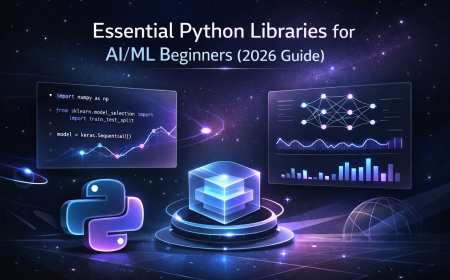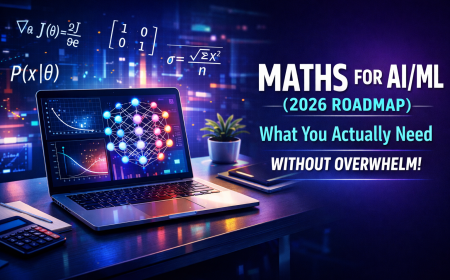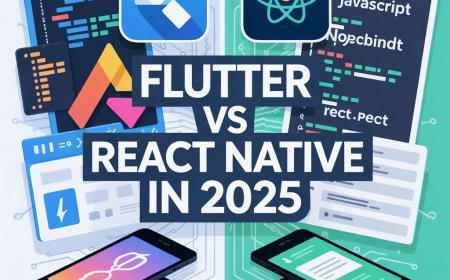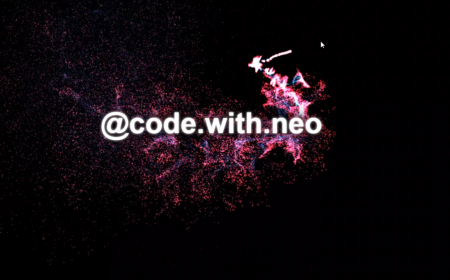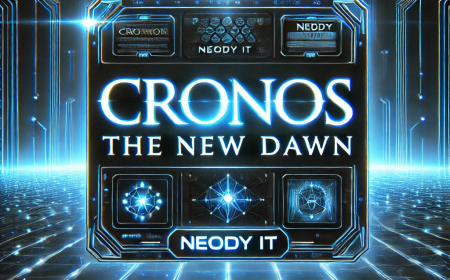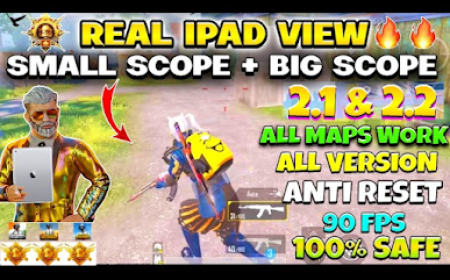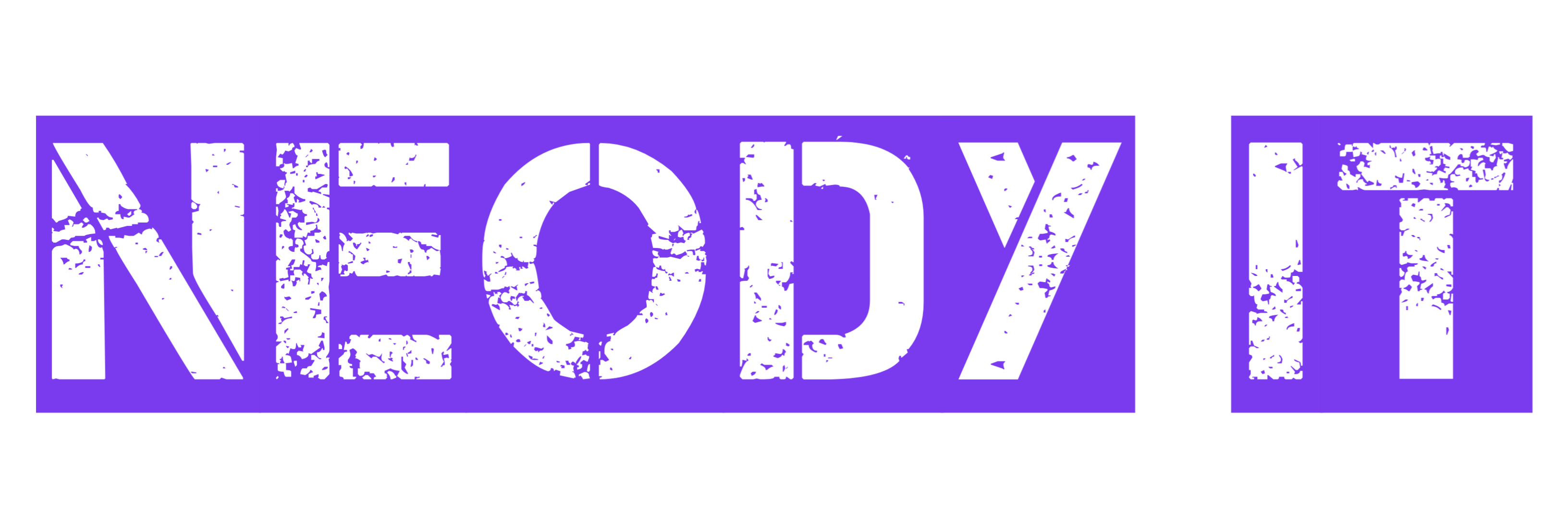What is Blockchain? How It Works and Why It’s Important
Learn about blockchain technology, how it works, key concepts, and real-world applications. Discover why blockchain is revolutionizing industries!
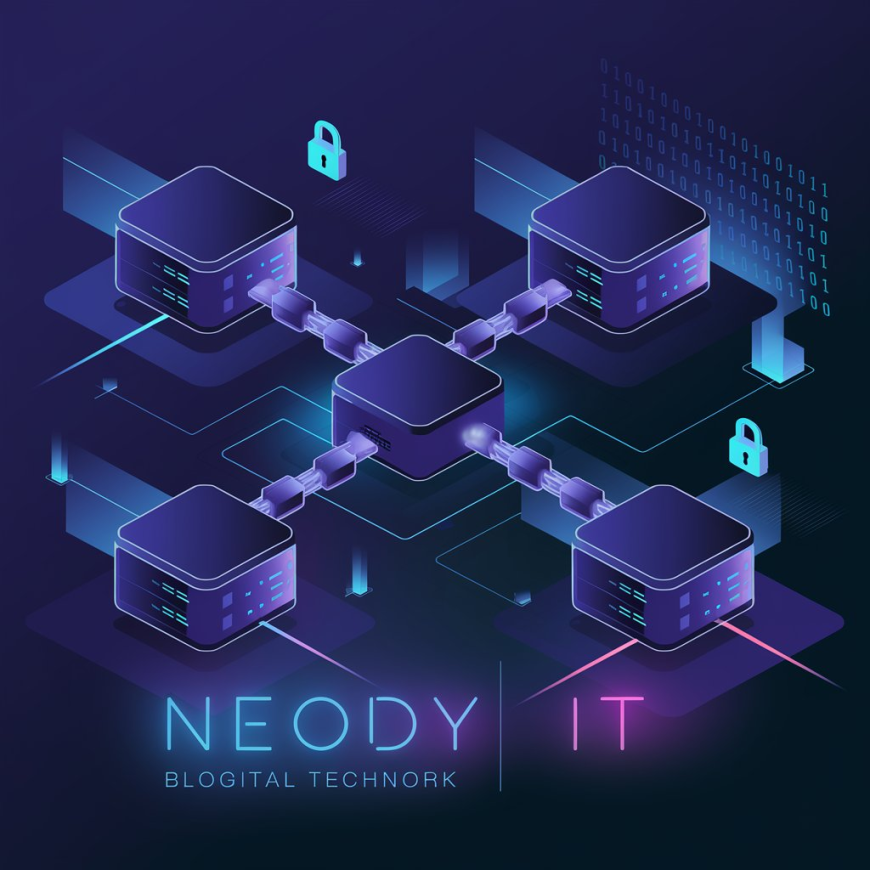
Introduction to Blockchain Technology
Blockchain technology has gained significant attention over the past decade, revolutionizing industries far beyond just finance. From securing financial transactions to transforming healthcare, supply chains, and digital identities, blockchain has become one of the most disruptive innovations in modern technology. But what exactly is blockchain, and why does it matter?
At Neody IT, we aim to break down complex technological concepts into easy-to-understand insights. In this article, we will explore blockchain technology in detail, covering its definition, historical evolution, key concepts, and why it is considered a game-changer in various sectors.
What is Blockchain?
Blockchain is a decentralized digital ledger that records transactions across multiple computers in a secure, immutable, and transparent manner. Instead of relying on a single central authority (such as a bank or government), blockchain distributes transaction data across a network of nodes (computers), making it tamper-proof and trustless.
Each piece of recorded information, known as a "block," contains:
- A list of transactions
- A timestamp
- A cryptographic hash of the previous block
These blocks form an unchangeable chain, ensuring that once data is recorded, it cannot be altered or deleted. This provides unparalleled security, transparency, and decentralization.
Example: In cryptocurrency transactions, blockchain ensures that every transaction is verified and recorded without relying on a central authority like a bank. This decentralized approach increases security and reduces the risk of fraud.
History and Evolution of Blockchain ️
The origins of blockchain trace back to 2008, when an anonymous individual or group known as Satoshi Nakamoto published the whitepaper "Bitcoin: A Peer-to-Peer Electronic Cash System." The first successful application of blockchain was Bitcoin, which introduced a way to conduct financial transactions without intermediaries.
Since then, blockchain has rapidly evolved beyond cryptocurrencies:
- 2015: Ethereum introduced smart contracts, allowing decentralized applications (dApps) to be built on the blockchain.
- 2017-2019: Businesses began integrating blockchain in supply chain management, healthcare, voting systems, and identity verification.
- 2020-Present: Governments and corporations started exploring Central Bank Digital Currencies (CBDCs) and tokenized assets, bringing blockchain closer to mainstream adoption.
Today, blockchain is shaping the future of industries beyond finance, from securing medical records to tracking product authenticity in supply chains.
Key Concepts in Blockchain
To truly understand blockchain, it's essential to grasp its fundamental principles:
1. Decentralization
Unlike traditional databases controlled by a single entity, blockchain operates on a peer-to-peer network where multiple nodes maintain and verify records. This eliminates the need for intermediaries, reducing costs and preventing data manipulation.
2. Immutability
Once data is recorded on a blockchain, it cannot be altered or deleted. This ensures data integrity, making blockchain ideal for applications requiring tamper-proof records, such as healthcare records and land registries.
3. Transparency ️
Blockchain operates on a public ledger, where all transactions are visible and verifiable by network participants. This enhances trust and reduces the likelihood of fraud in industries like voting systems and charity donations.
4. Smart Contracts
Smart contracts are self-executing contracts with terms written directly into code. They automatically execute transactions when predefined conditions are met, reducing the need for intermediaries.
Example: A smart contract in real estate could automatically transfer property ownership once payment is confirmed, eliminating paperwork and legal delays.
Why Blockchain Matters
Blockchain technology is reshaping industries by offering solutions that improve security, efficiency, and trust. Here’s why blockchain is so important:
✔️ Trustless System: Eliminates the need for third-party intermediaries like banks, lawyers, and brokers. ✔️ Enhanced Security: Uses advanced cryptographic techniques to prevent fraud, hacking, and data breaches. ✔️ Cost Efficiency: Reduces administrative costs and speeds up transaction processing. ✔️ Greater Transparency: Ensures that all recorded transactions remain public, reducing corruption. ✔️ Decentralized Identity Management: Helps users control their digital identity without relying on centralized institutions.
Real-World Applications of Blockchain
Blockchain is no longer limited to cryptocurrencies. Here are a few real-world use cases:
Supply Chain Management: Companies like Walmart and IBM use blockchain to track product movement, ensuring authenticity and reducing fraud.
Healthcare: Blockchain secures patient records, ensuring they are tamper-proof and easily accessible to authorized professionals.
️ Voting Systems: Countries like Estonia are experimenting with blockchain-based voting to prevent election fraud and increase voter trust.
NFTs & Digital Ownership: Blockchain enables artists and creators to sell digital assets through non-fungible tokens (NFTs), revolutionizing the art and gaming industries.
The Future of Blockchain
Experts predict that blockchain will continue to evolve, with key trends including:
- Increased Adoption of CBDCs: Central banks worldwide are exploring blockchain-based digital currencies.
- Integration with AI and IoT: Smart contracts will interact with AI and IoT devices for automated decision-making.
- Scalability Solutions: Layer-2 solutions like Ethereum’s rollups will improve blockchain transaction speed and cost-efficiency.
- Legal and Regulatory Advancements: Governments are working on frameworks to regulate blockchain applications securely.
Covered Topics
- What is Blockchain Technology and How Does It Work?
- History and Evolution of Blockchain
- Real-World Applications of Blockchain
Conclusion
Blockchain technology is more than just the foundation of cryptocurrencies—it is a revolutionary tool that is transforming industries worldwide. Its decentralized, immutable, and transparent nature makes it an ideal solution for a wide range of applications, from finance to healthcare and beyond.
As blockchain continues to evolve, it is crucial to stay updated with the latest advancements. At Neody IT, we are committed to providing valuable insights into emerging technologies. Stay tuned for more informative articles, and visit neodyit.in for in-depth tech updates!
What's Your Reaction?
 Like
1
Like
1
 Dislike
0
Dislike
0
 Love
0
Love
0
 Funny
0
Funny
0
 Angry
0
Angry
0
 Sad
0
Sad
0
 Wow
0
Wow
0
